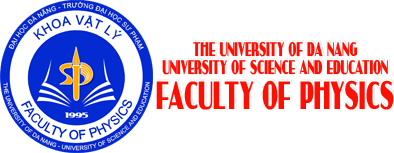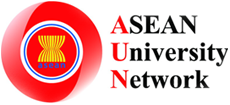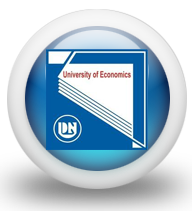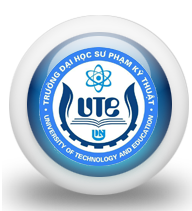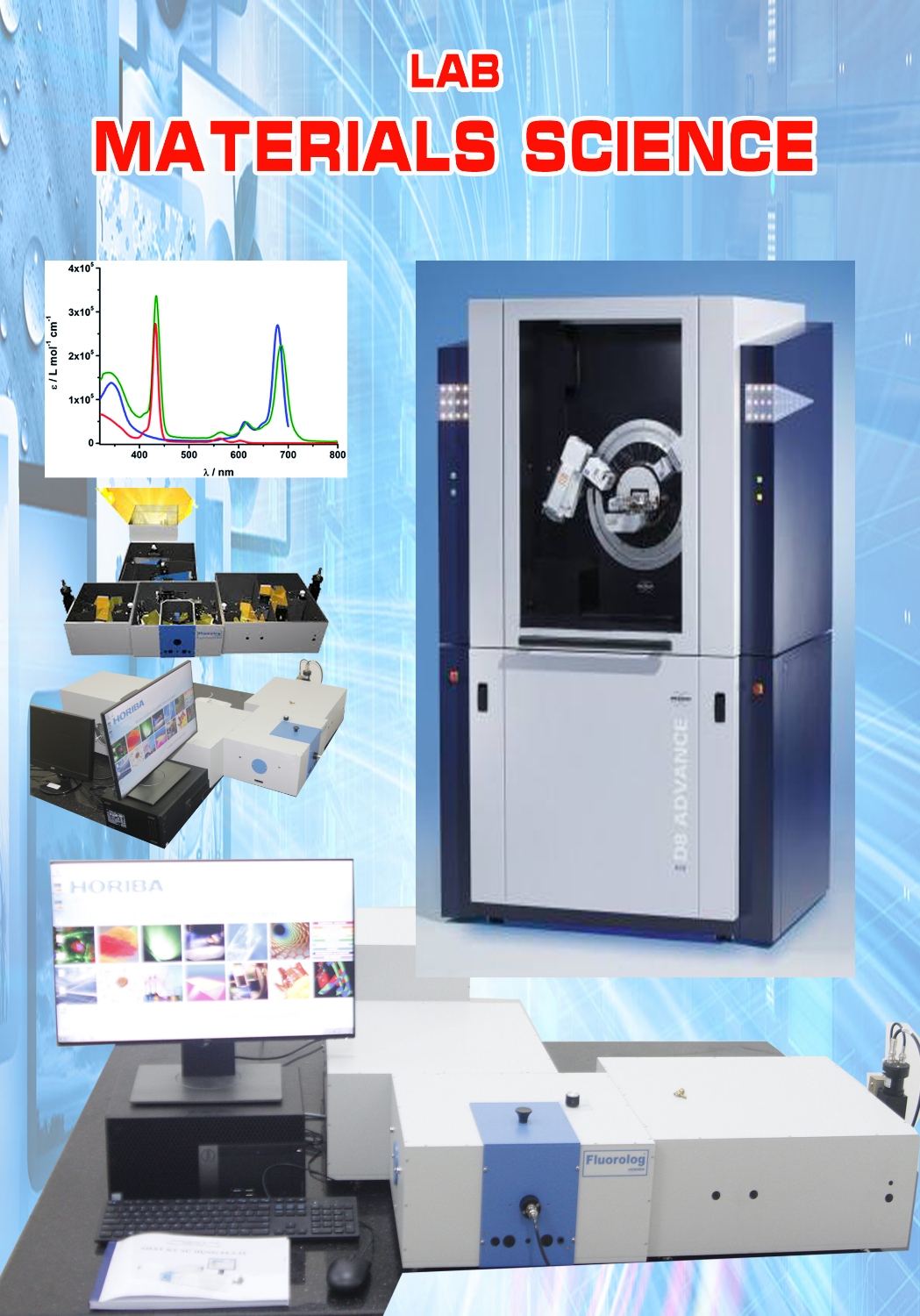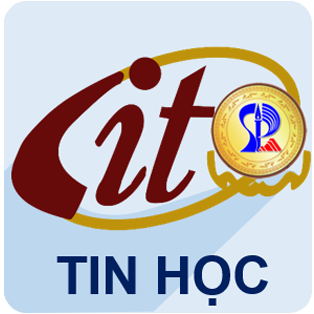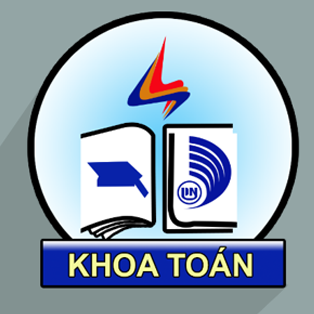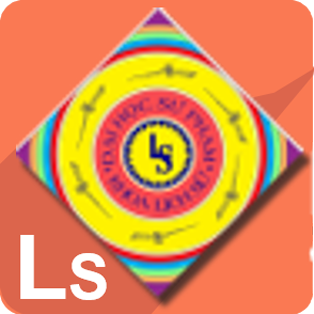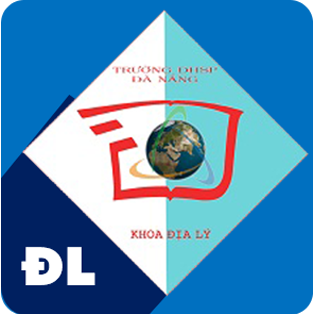Japan Advanced Institute of Science and Technology(JAIST)
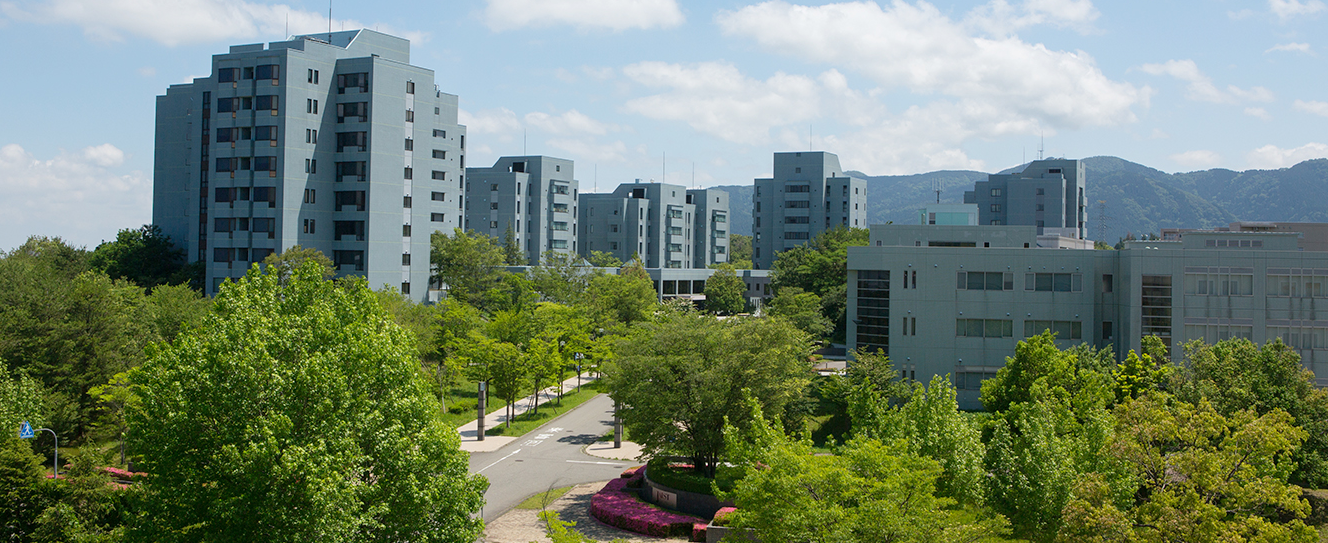
About JAIST
First Independent National Graduate University without Undergraduate Division
JAIST was founded in October 1990 as the first independent national graduate school, to carry out graduate education based on research at the highest level in advanced science and technology. JAIST aims at establishing an ideal model of graduate education for Japan. JAIST was incorporated as a National University Corporation in April 2004.
Admission Criteria for People with Diverse Backgrounds
In our admission decisions we place the most significant weight on the motivation of the student as demonstrated in the personal interview. JAIST admits highly motivated students, including advanced undergraduate students (who have completed at least three years of undergraduate study), professionals, and international students, regardless of undergraduate specialization.
Systematic Graduate Education
JAIST educates students through a carefully and systematically designed coursework-oriented curriculum, which gives students a solid foundation for their advanced research. This is different from the traditional Japanese style of graduate education, where students are trained mainly in their narrow research domains.
Development of Human Resources for Society
We train our students in a specialized field combined with interdisciplinary knowledge of related disciplines. Through our educational program students gain thorough understanding of fundamentals, and develop problem-solving skills.
Outstanding Faculty
Our faculty members are world-class researchers. We recruit professionals with outstanding achievements at the leading edge of science and technology. They come from all over the world, from other universities, and from top industrial research and development institutions.
Collaboration with Society and Industry
JAIST works closely with the regional community, as well as industries worldwide, by promoting collaborative research and accepting commissioned research. We use various modes of cooperation including visiting faculty chairs, endowed chairs, and laboratories operated jointly with other institutions.
Reader Comments
Newer articles
Older articles
